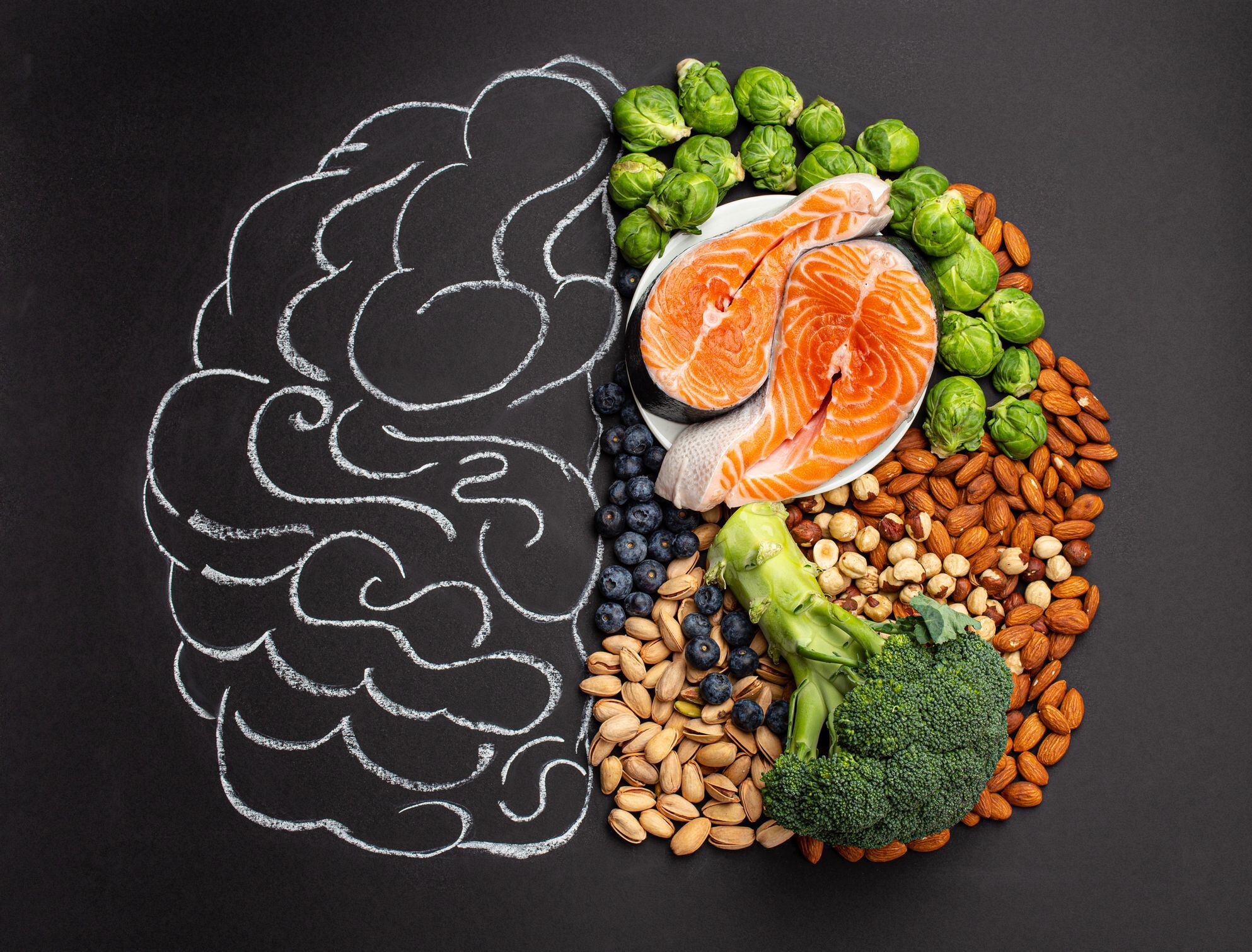& The Blue Zones of the World
I’m fascinated by Dan Buettner’s work. He is a National Geographic journalist who has identified and researched the world’s longest-lived areas of the planet. In his research, Dan was looking for places with the biggest number of centenarians – people who live longer than one hundred years. He has identified five of those places which he named Blue Zones: Okinawa, Japan; Sardinia, Italy; Ikaria, Greece; Nicoya, Costa Rica and, the Seventh Day Adventist Community in Loma Linda, California.
What’s different about the Blue Zones
Besides living longer people in these places suffer a fifth the rate of heart disease, a sixth the rate of dementia, and a sixth the rate of certain cancers compared with Americans. Until very recently, the obesity and diabetes rates in each were under five percent. Part of his research was to understand the reasons behind longevity and more importantly the secrets to living a decade longer than the average American and spending a fraction of what most Americans do on health care.
As a result of this work, Dan Buettner wrote a National Geographic cover story “The Secrets of Long Life” in 2005, and after that four national best-sellers: The Blue Zones, Thrive, The Blue Zones Solution, and The Blue Zones Kitchen. He also founded Blue Zones LLC, an organization that helps Americans live longer, healthier, happy lives. Do you understand now why I’m a big fan? We both advocate for the same cause!
Blue Dot Grandma
Ok, now you might be asking: What does my grandma have to do with all this? I’ll tell you! My grandma was born preemie on November 20th, 1918. Her mother had caught Spanish Fever during pregnancy and couldn’t take the baby to term so, she was born at 32 weeks. She was so small her whole baby body fit in only one of her daddy’s hands. Her father gave her a nickname that stuck for her whole life until today: FILHINHA, which means little daughter in Portuguese. Yes, she’s still alive! She will be 105 years old this year!
I might say that longevity runs in her family, all her siblings have lived long lives, up to the late 90s but, she is the only centenarian. On her 99th birthday, she was ball dancing with my father and did the “Head, shoulders, knees and toes” dance with a grand granddaughter of hers, going all the way touching the floor! She has always amazed the whole family with her energy and vitality. Four out of her five babies were born at home, and she has never had a headache or any health problem besides a cold. As I was progressing in my health coaching training I came to understand and relate her with the blue zones’ people. If you haven’t read any of Dan’s books, I’ll tell you what he calls The Blue Zones Food Guidelines:
Ensure that your diet is 90 to 100% Plant-Based
Grandma cooked her whole life. She had a small garden in her backyard where she used to grow collard greens, spinach, green onions, carrots, guava, figs, and lots of house plants and flowers. Gardening was one of her passions, the other two were sewing and making fruit compotes. Her diet was always frugal, rice, beans, veggies, and salads with some animal protein in small quantities, a standard Brazilian homemade diet. Eating a plant-based diet is one of the healthiest things you can do for your body and the environment, according to Harvard Health Publishing. Plants are full of the richest sources of nutrients the human body needs in order to thrive.
Retreat from Meat
For budgetary reasons, she raised 5 kids in a one-income household, meat was considered a luxury. There were no big freezers back in the day so, she used to buy meat every day, always fresh. Chickens, she used to buy them alive from a neighbor down the street that raised them free in the backyard. They were for Sunday and special occasions’ meals. She used to kill them herself and make a stew with all the giblets, the blood even. You cannot get fresher than that! Probably one of her secrets was turmeric which was her to-go seasoning for the chicken stew. Turmeric is a great antioxidant and anti-inflammatory, to list just a few of its benefits.
Go easy on Fish
Grandma was born and raised in an inland state of Brazil called Minas Gerais. Back in the day it was not so easy to find fish there. She would eat wild-caught freshwater fish when her first-born child (my dear uncle Rui) came back from a fishing trip. For most of her life, there were no issues with overfishing or fish farming contamination as we have nowadays.
Reduce Dairy
Grandma’s family lived on a small farm where they had cows and goats. Nana was nursed with goat milk because her mom was sick and couldn’t breastfeed. For most of her childhood, grandma consumed raw cow milk from the farm. After moving to the city, she always had a sparing amount of milk added to her coffee. Cheese though was a passion! But even that she consumed with caution. The majority of what she ate was cured cheeses, which are far more digestible.
The issue with dairy
Some people might not know what the issues with dairy are. Casein S1 – cow’s milk protein, is a long and complex chain protein that is difficult for humans to digest. Besides pasteurized cow’s milk does not contain lactase, the enzyme that helps digest lactose. Enzymes are often heat sensitive so, the pasteurization process makes them inactive. That’s why so many people nowadays are lactose intolerant, it’s really hard to find milk that’s not pasteurized. Most adults don’t produce lactase. The human body’s ability to synthesize it decreases exponentially after the 2nd year of age. Goat’s milk protein, however, is a much shorter and less complex chain protein and therefore easier to digest.
Cut down on Eggs
At grandma’s eggs were used very sporadically as a substitute for meat or chicken during lunch or dinner. Usually, only one egg per person. Other than that, eggs were used occasionally in recipes. Brazilians’ egg consumption is not nearly as much as here in the US. Back in the day especially, I don’t think there was an issue with hormones and antibiotics on chicken farms.
Eat a daily dose of Beans
Well, Brazilians in general eat beans pretty much every day and Grandma’s was always delicious! The main ingredient was love as I figured later on. The usual seasoning was only garlic, and salt of course. Beans reign supreme in the blue zones and are the cornerstone of every longevity diet in the world, says Buettner. Beans are awesome! Packed with more nutrients than any other food on earth!
Slash Sugar
Yes, Nana used to make and still enjoys eating lots of sweets, most of them homemade fruit compotes. She used to clean the sweet sauce for hours to take out all sugar cane impurities from it. Her favorite ingredients were green papaya, guava, orange peel, fig, guava, and banana. The figs and guavas were organically grown in her backyard. She was not cautious about sugar but, processed foods were never found in her pantry. Therefore, she never had to worry about added sugars or artificial chemicals. Sweets were consumed as dessert and most of the time combined with cured cheese. That’s by the way how we should consume carbs, pairing them with a protein to avoid insulin spikes.
Snack on Nuts
This is one of the only two guidelines that don’t apply to grandma. She was never a nut eater, again budgetary restrictions. Nuts are not part of an everyday Brazilian life. Even Brazil nuts are expensive in Brazil, where nuts in general are more like a special Christmas treat.
Sour on Bread
The most common type of bread consumed in Brazil is sourdough or yeast-fermented bread. Grandma used to eat a small piece of bread for breakfast for most of her life. Her house was always a homemade real food lunch and dinner kind of household. Eating out was a sporadic treat.
Go Whole
This is the second guideline that does not apply to grandma. Her food was always homemade from scratch with no artificial anything. However, the rice was always white, the flour bleached and, the sugar refined.
Drink mostly Water
My Nana has never drunk any alcoholic beverages. She was not a big fan of juices or pop neither. She’d say it is better to eat the fruit! And she was absolutely right! She’d also avise me to eat a fruit to wait for lunch. Again, snack on fruits, absolutely right! She is still a coffee drinker though, Sardinians, Ikarians, and Nikoyans alike. Coffee, as with everything in life, in moderation is great! So many antioxidants. Look for organically grown with no additives and try to enjoy it black, no sugar or cream.
As you can tell by now, grandma followed 80% of the Blue Zones Food guidelines. Keep in mind though that food alone does not make us live long and well. Nutrition is the foundation, responsible for probably half of your health. Find out about the other half in my previous blog post: 10 ways to take care of your health without spending money.
Make good choices!
Anna.





One Response